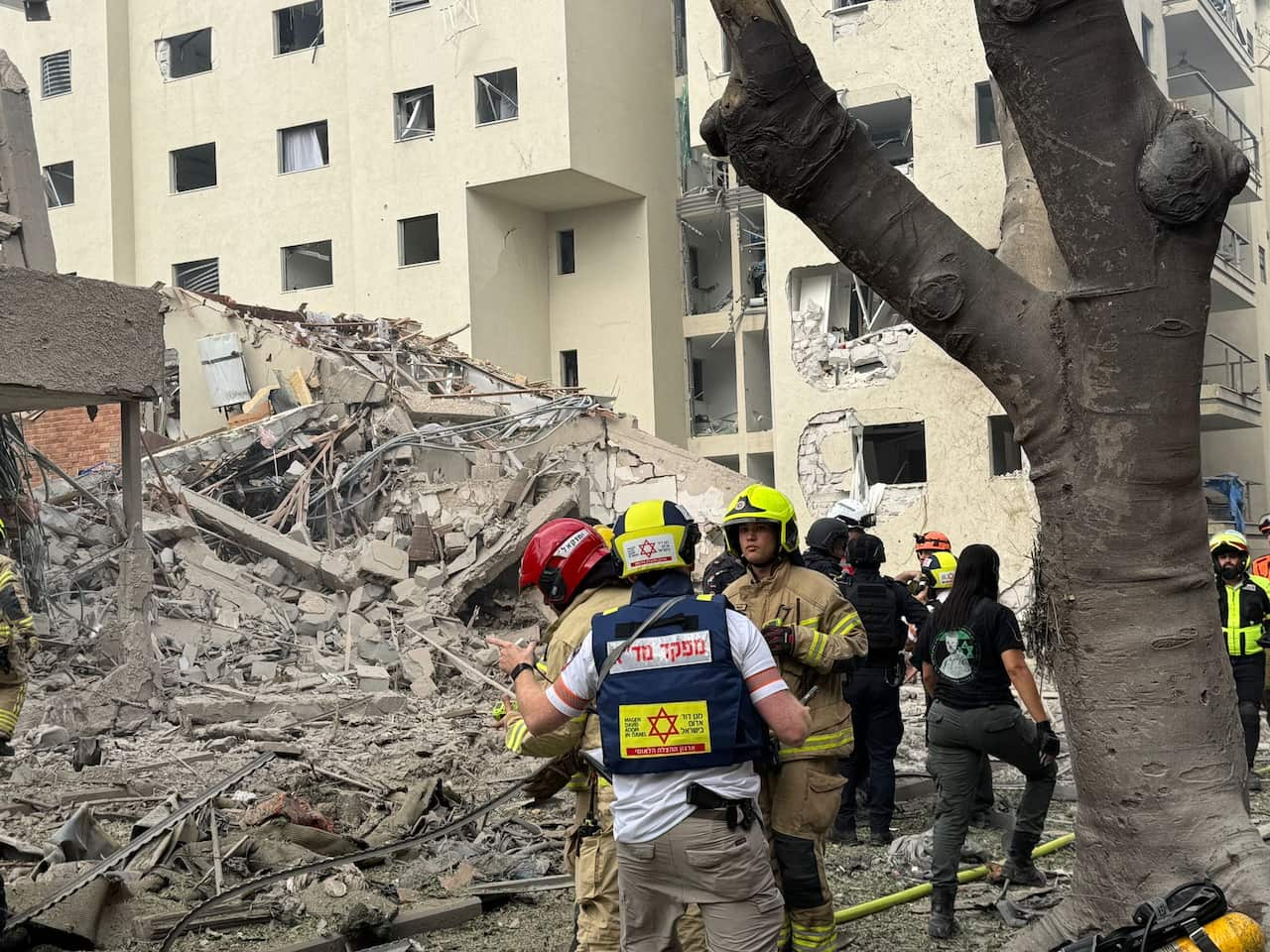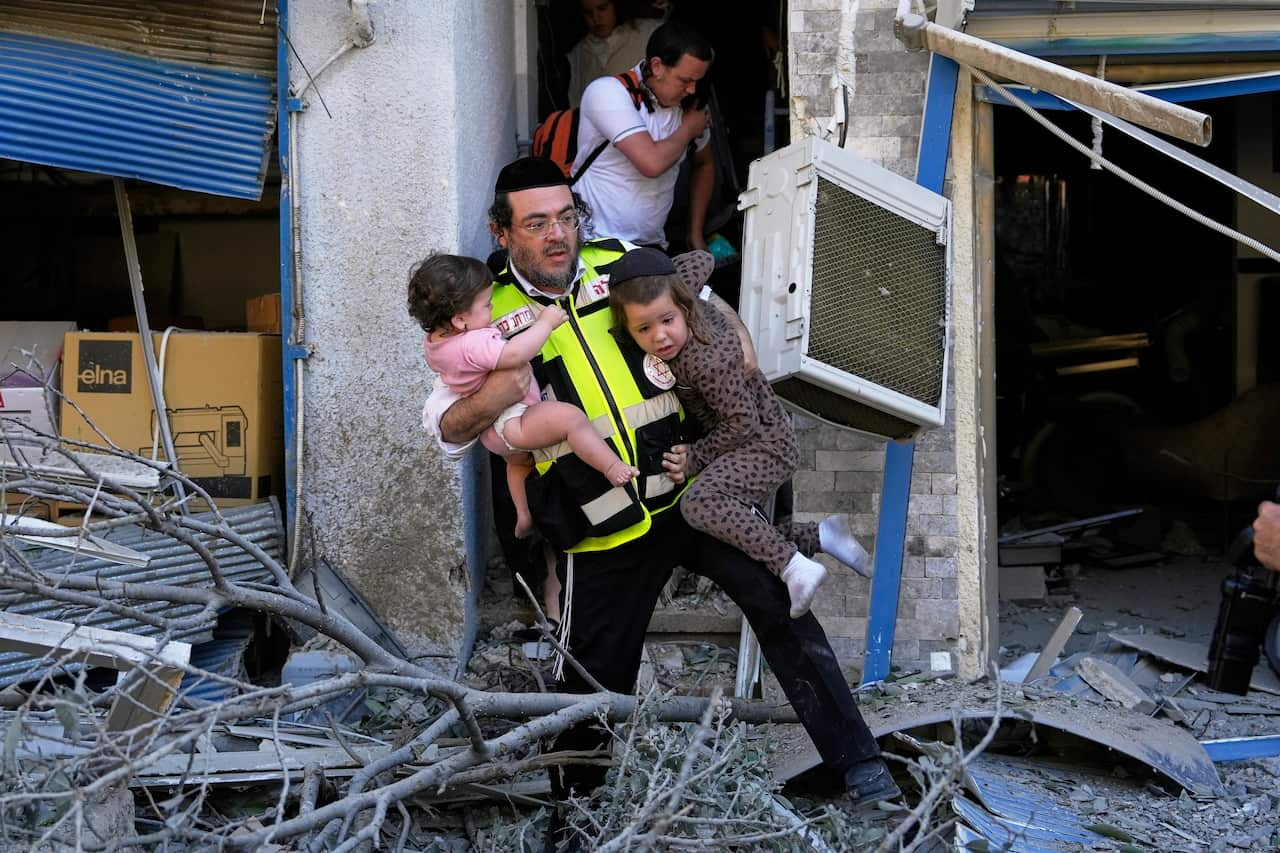Experts say Iran's response to Trump's strike remains an open question
Experts are reacting to US President Donald Trump's historic decision to bomb key nuclear sites across Iran and join Israel's air attack on its long-term regional nemesis, warning that Iran's response will be hard to predict.
In a statement on X, Aaron David Miller, a long-term Middle East negotiator for both Democratic and Republican administrations said "attacking Iran is not a Nike commercial – Just Do It," while cautioning that "when America puts its forces in harm’s way it's not just can we do it; but should we; what will it cost and what about the day after."
Meanwhile, the Arms Control Association — a non-partisan US-based group that works to eliminate threats from the world's most dangerous weapons — warned that "in the long term, military action is likely to push Iran to determine nuclear weapons are necessary for deterrence and that Washington is not interested in diplomacy."
"Military strikes alone cannot destroy Iran's extensive nuclear knowledge. The strikes will set Iran's program back, but at the cost of strengthening Tehran's resolve to reconstitute its sensitive nuclear activities," the organisation added.
Iran has offered few clues yet as to if or how it might retaliate in a sustained way to the unprecedented attack, with analysts saying it has three broad options to consider: doing nothing and resuming diplomatic negotiations; retaliating hard and fast; or retaliating in a more coordinated way at a later date of its choosing.
There are scores of US bases across the Middle East that Iran could hit with its arsenal of ballistic missiles; however, Trump has warned that any retaliation "will be met with force far greater than what was witnessed tonight".
Eric Lob, assistant professor in the Department of Politics and International Relations at Florida International University, told the Reuters News Agency that Iran's next move remains an open question but that, if the country was to return to the negotiating table, "they would be doing so in an even weaker position".
— Hannah Ritchie
In a statement on X, Aaron David Miller, a long-term Middle East negotiator for both Democratic and Republican administrations said "attacking Iran is not a Nike commercial – Just Do It," while cautioning that "when America puts its forces in harm’s way it's not just can we do it; but should we; what will it cost and what about the day after."
Meanwhile, the Arms Control Association — a non-partisan US-based group that works to eliminate threats from the world's most dangerous weapons — warned that "in the long term, military action is likely to push Iran to determine nuclear weapons are necessary for deterrence and that Washington is not interested in diplomacy."
"Military strikes alone cannot destroy Iran's extensive nuclear knowledge. The strikes will set Iran's program back, but at the cost of strengthening Tehran's resolve to reconstitute its sensitive nuclear activities," the organisation added.
Iran has offered few clues yet as to if or how it might retaliate in a sustained way to the unprecedented attack, with analysts saying it has three broad options to consider: doing nothing and resuming diplomatic negotiations; retaliating hard and fast; or retaliating in a more coordinated way at a later date of its choosing.
There are scores of US bases across the Middle East that Iran could hit with its arsenal of ballistic missiles; however, Trump has warned that any retaliation "will be met with force far greater than what was witnessed tonight".
Eric Lob, assistant professor in the Department of Politics and International Relations at Florida International University, told the Reuters News Agency that Iran's next move remains an open question but that, if the country was to return to the negotiating table, "they would be doing so in an even weaker position".
— Hannah Ritchie




